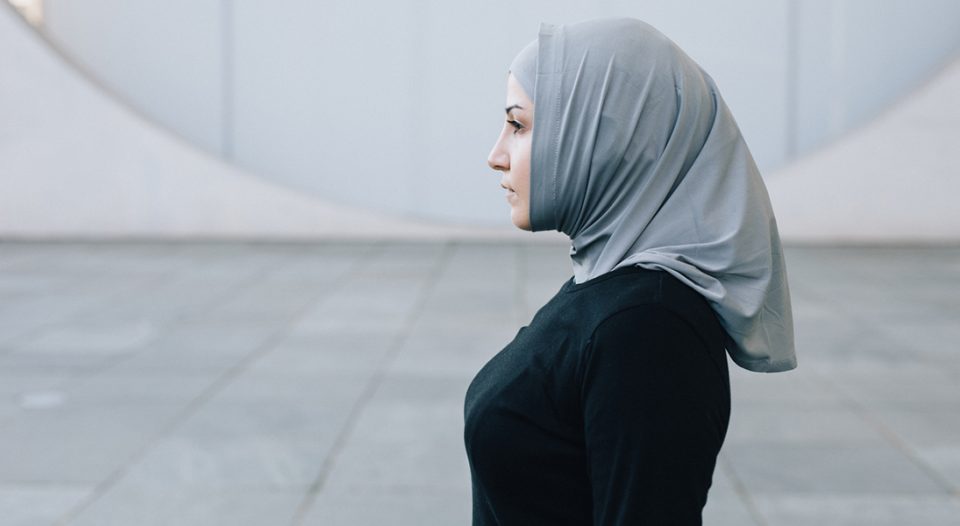When Wendy Taube, a member of Luther Memorial Lutheran Church, Chicago, heard the news in August that the U.S. military would be leaving Afghanistan after 20 years, she was filled with concern. “I started watching the news on TV,” she said, “and I just started crying.”
She immediately recalled the story of two female judges who served on the Afghan Supreme Court and were murdered on their way to work in January 2021—before the Taliban had even seized power. “I kept wondering and worrying, ‘What is going to happen to these women lawyers and judges?’” she said.
Taube, herself a lawyer, spent a great deal of time researching Afghanistan’s government and new election laws in 2003 when she was in law school and had an internship with the International Human Rights Law Institute at DePaul University, Chicago. “I spent 40 hours a week for four months researching human rights cases in Afghanistan,” she said. “I read the first English translation of their new constitution, researched who was running legally and illegally for president and everything with their new electoral laws. So, even though I had never been [to Afghanistan], I had a connection to it.”
Taube is co-chair of the American Bar Association’s (ABA) International Human Rights Committee. An adviser to that group alerted her to work being organized by the International Association of Women Judges (IAWJ) to help female Afghan judges. Taube said the efforts began with two female U.S. judges who 20 years ago had helped train their counterparts in Afghanistan and still had a deep connection to many of those women. The U.S. judges started receiving messages from their Afghan colleagues saying the Taliban had marked their doors.
“They told them that the Taliban was going to come back to try to kill them,” Taube said. “They had a picture of one door that was blown up. Every day these women and their families were moving and staying somewhere new so the Taliban couldn’t find them. It’s mostly the women judges they are coming after because these women judges are the ones who put them in jail.”
The judges and lawyers are particularly vulnerable, she added, because of the Taliban’s discrimination of women and disregard for a woman’s capacity to have any position of power.
“I kept wondering and worrying, ‘What is going to happen to these women lawyers and judges?’”
The U.S. judges began trying to make connections to help get their colleagues out of Afghanistan. Taube organized a webinar for the ABA International Human Rights Committee to help raise awareness and ask others to join the IAWJ’s efforts. She said the urgency of the situation became apparent when she received a message during her webinar from an Afghan prosecutor who said she was being chased and needed help.
Helping the Afghan women lawyers and judges get out of Afghanistan comes with many challenges, including finding countries that will receive them and their families, coordinating transportation and obtaining visas. Currently there is no way of knowing how many of these lawyers and judges have been able to leave, Taube said, since it’s difficult to keep in contact and some can’t disclose their whereabouts for safety reasons, even if they have managed to relocate.
Taube said her faith helps to sustain her motivation as the work to evacuate and resettle these women continues: “I feel like God has a plan and wants me to use my skills for a greater good.”
For anyone interested in getting involved, she has suggested several actions:
- Contact members of Congress about passing the Afghan Adjustment Act to help Afghans apply to become lawful U.S. residents.
- Meet with your congregation to discuss how you may support a family from Afghanistan if one is resettled in your town or city.
- Learn more about the work IAWJ is doing to help Afghan women judges and lawyers.
For more information, contact Wendy Taube at wendy@taubelaw.com.






